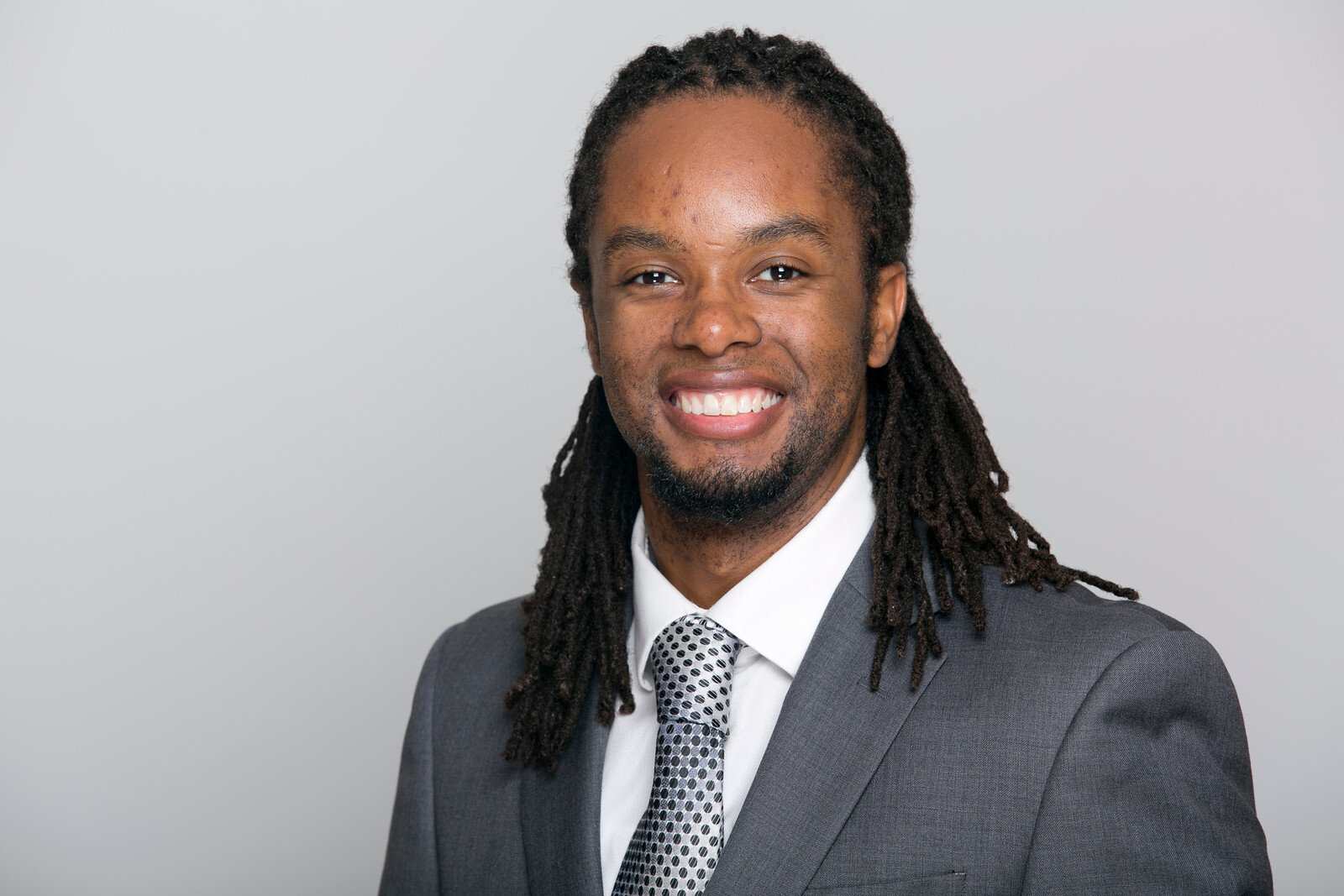Social Progress Is Not Inevitable: Now is the time to make it
By Rev. Christopher Carter Ph.D. | December 5, 2017
“We are caught in an inescapable network of mutuality, tied in a single garment of destiny. Whatever affects one directly, affects all indirectly.” Rev. Dr. Martin Luther King Jr. famously penned these words while confined in jail in Birmingham Alabama, having been arrested for peacefully protesting racial injustice in Birmingham.
While King's letter is now famous and well-known, what is often overlooked is that he wrote it in response to eight well-intentioned white clergymen who argued that he was "impatient" and that in due time the racial issues that plagued their city would be resolved.“
Time,” King wrote, “is neutral” and the passage of time does not guarantee that our societal ills or desires will inevitably improve or be accomplished.
With respect to social justice, progress requires the tireless effort of people who are committed to making our world a more inclusive, equitable, and justice-minded place. This is why Encompass is needed. We are committed to diversifying the animal protection movement because a diverse movement is a more powerful movement and we will work tirelessly to fashion our vision into reality.
To be sure, some may ask how diversity within the leadership of the animal movement would be “better?” Numerous studies show that diverse companies are more successful when examining traditional economic metrics. As our Executive Director, Aryenish Birdie, explains on the Encompass website, in industry, politics, and in the environmentalist movement a diverse staff and leadership team leads to increase workplace productivity and institutional effectiveness.
In this sense, a more strategically successful animal protection movement requires a diverse array of perspectives and guidance that can only be gleaned from those who are not currently participating in the decision-making process.
To be fair, some organizations in the animal movement claim that diversity is a priority for them but also argue that they can’t seem to find a diverse pool of applicants. And this is another reason why Encompass is needed – we want to help you diversify your organization!
Beyond understanding why diversity is needed, we seek to help organizations understand what diversity looks like, what it feels like, and what institutional changes will need to be made to foster a more diverse and inclusive environment. If we hope to see consistent progress in the animal welfare movement then we must act on our internal impulse and seek to change the racial and gender demographics of our movement and our leadership.
Patiently waiting for the animal movement to diversify itself would be a mistake because as King noted, social progress is not inevitable.
As it stands right now, the animal protection movement sits at a crossroads. Given our environmental crisis, which direction we choose to move will be critical for our and our children’s future.
We are as King wrote, caught in a network of mutuality, “tied in a single garment of destiny.” While much has been accomplished by our predecessors, scholars and activists of color (such as myself) recognize and are addressing the intersectional oppression experienced by animals, people of color, and our planet.
Encompass enables these voices to be heard, to be taken seriously, and to help shape the future of the animal protection movement. This is why Encompass is needed and why we are asking for your help as we seek to diversify and strengthen the animal movement.
Rev. Christopher Carter Ph.D., is an Assistant Professor of Theology at the University of San Diego and a Faith in Food Fellow at Farm Forward. In his forthcoming book, The Spirit of Soul Food (University of Illinois Press), he explores the intersectional oppressions experienced by people of color, the environment, and animals.

